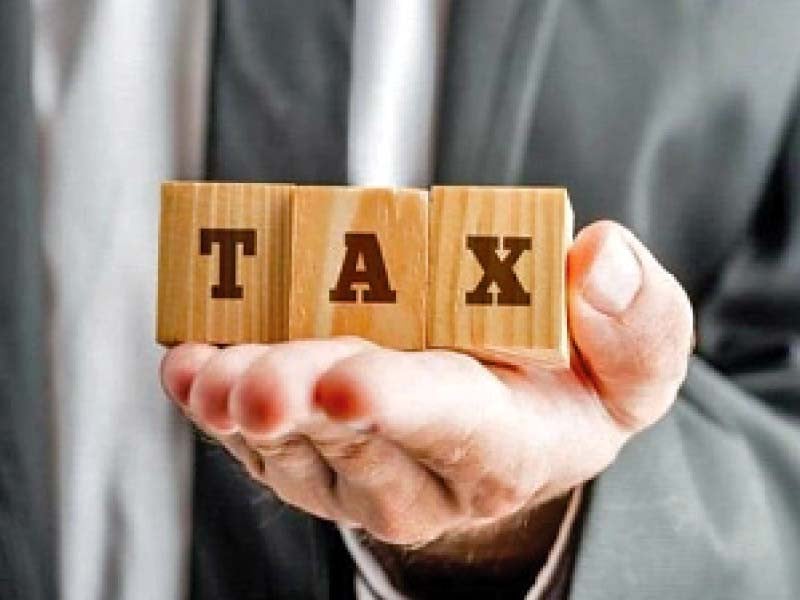ISLAMABAD – Civil society organisations on Friday appreciated the government authorities for taking strict action against cigarette manufacturers who are involved in fraudulent tax evasion through technical means.
“Cigarette companies are not only ruining public health but also damaging our economy by dodging the tax system,” Pakistan National Heart Association (Panah) General Secretary Sanaullah Ghumman said while hailing the Federal Board of Revenue (FBR) for reported action against a well-known cigarette manufacturer, Philip Morris (Pakistan) Limited, for alleged violation of tax regulations.
“They dispatch cigarette containers from respective factories without issuing any invoice. When an invoice is not issued, no record of such sale of cigarettes in the market reaches FBR,” he explained, adding that by this way they pretend before FBR and other government authorities that their sale has gone down.
Recently, there has been an increase in propaganda by two multinationals about its sales going down but the recent FBR raid has confirmed that they are themselves involved in illicit trade. Under Pakistan’s regulations to control tobacco use, the government has enforced high taxation on tobacco products to discourage smoking.
Society for the Protection of the Rights of the Child (SPARC) Spokesperson Khalil Ahmed Dogar said when the government banned the advertisement of cigarette brands and its manufacturing companies in mainstream and social media, they found other means of publicity which they continued with now. “They use all such tactics to force the government to decrease taxes on cigarettes,” he said, adding that the money saved from taxes ultimately adds up to their profit. While applauding FBR’s action, Dogar said that such profiteers should be discouraged at every level and by all means.
According to reports published in the media, approximately 650 cartons of cigarettes were confiscated from Philip Morris International by the FBR, followed by a thorough investigation. The operation was carried out in accordance with the Federal Excise Act, 2005, particularly Section 19, which explicitly prohibits selling cigarettes below the set retail price. In addition to confiscation, the Act empowers authorities to impose fines and penalties on violators.
This action underscores the government’s commitment to upholding tax laws and safeguarding public health as violations of tax regulations not only undermine public health initiatives but also lead to revenue losses for the government.









